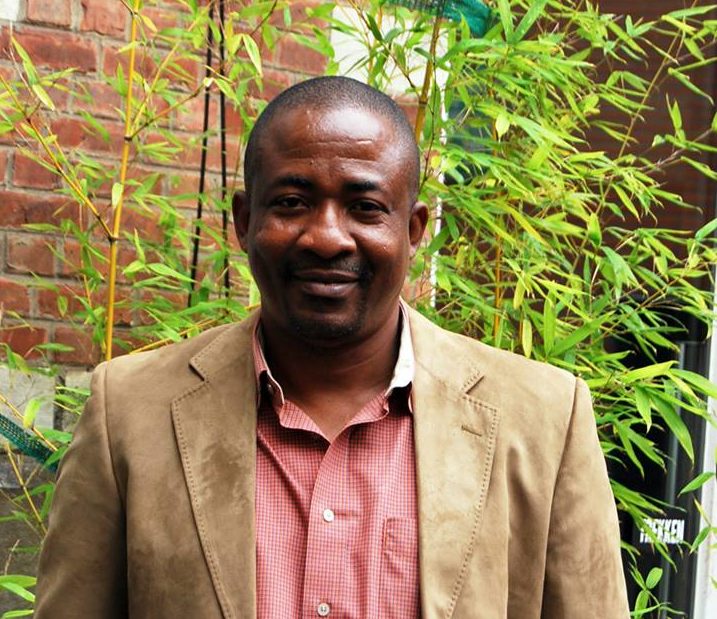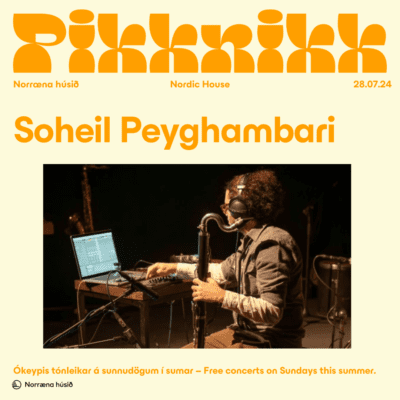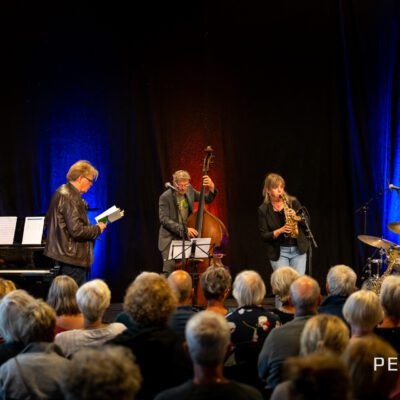
Dere er mine helter
12:00
Menneskerettighets helten Moses Akatugba vil holde en tale på Amnesty Internasjonale dager, Nordens hus den 16. november kl. 12 – 13.
He will share his experience of police and military brutality in Nigeria, his 10 years behind bars and on death row, his long desired pardon which was the result of the Write for Rights campaign in 2014, where hundreds of thousands of people from all over the world took action on Moses behalf and the importance of fighting for the rights of others. In total 16.000 letters, sms-actions and postcards were sent from Iceland on Moses behalf.
Damian Ugwu, the lead researcher on civil and political rights at Amnesty International Nigeria, will accompany Moses on his visit to Iceland and also give a talk at the Nordic house about his research report Welcome to hell fire: Torture and other ill-treatment in Nigeria, on torture by the Nigerian police anti- robbery squad.

Moses Akatugba after his release. After 10 years in jail, and over 800,000 messages from activists around the world, Moses’ life has been spared.
Moses Akatugba, 24, was sentenced to death by hanging by a High Court in Effurun, Delta State, on 12 November 2013, after eight years in prison. He was sixteen years old when he was arrested by the Nigerian army on 27 November 2005. He was accused and tried for armed robbery. Moses was shot in his hand and was beaten with a machete and batons in the head and back by soldiers and police officers at the time of arrest, and later at the Police Station. He told a human rights defender that he was tied and hanged in the interrogation room for several hours. He said the police officers extracted his toe and finger nails with a pair of pliers and forced him to accept and sign two “confessional” statements already written by the police.
Moses Akatugba, 26, has experienced from first hand the grave and systematic use of torture by the police and army in Nigeria, often employed to extract confessions from those that are placed under arrest.
Moses was like most children, full of hope for the future. His dream was to fulfill his late father‘s wishes and study medicine. Instead he went from being a schoolboy to a torture victim and many years later a prisoner on death row.
In a statement following his release from prison Moses said: “I am overwhelmed. I thank Amnesty International and their activists for the great support that made me a conqueror in this situation. You are my heroes. Your Write for Rights letters saved my life. I want to assure you that this great effort you have shown to me will not be in vain, by the special grace of God I will live up to their expectation. I promise to be a human rights activist – to fight for others. Will you join me and fight to free the unjustly imprisoned. What you do is nothing short of a miracle.”
More on Moses
Moses was little more than a boy when he was arrested by soldiers in 2005. He was waiting for his secondary school exam results. Moses was suspected of stealing three mobile phones and some money in an armed robbery that he has always denied.
When arrested the soldiers shot him in one hand and beat him on the head and back. He was later taken to a local army barracks for interrogation. Moses was shown a corpse and asked to identify it. When he couldn´t he was beaten again. Later he was brought to a police station where the officers beat him hard with machetes and batons. They tied him up and left him hanging upside down from a ceiling fan for hours. Then used pliers to pull out his toe and finger nails with pliers. Moses was then forced to sign two pre-written confessions. After eight years in prison, on 12 November 2013, Moses was sentenced to death by hanging. The conviction was based on his “confession” and the alleged robbery victim’s testimony. The police officer who investigated his case didn’t turn up in court.
After a worldwide campaign by Amnesty International, Moses was pardoned and released in May 2015. With the help of Amnesty International movement Moses has gradually picked up his life. He is back to school and would like to dedicate the rest of his life fighting to defend the human rights of others.




